Following the attacks on and police sweep of the first Palestine solidarity encampment, 43 pro-Palestine protesters and other individuals – whom UCPD alleged were trying to occupy and vandalize Moore Hall – were arrested in Parking Structure 2 on May 6. In response, UCLA moved classes online for the rest of week seven, according to a BruinAlert sent shortly after 8:30 a.m. May 6.
When Kishan Talati, a first-year molecular, cell and developmental biology student, got to campus for his Chemistry and Biochemistry 14BL: “General and Organic Chemistry Laboratory I” lab May 6, he arrived not to titrations or dilutions but an empty classroom and a BruinAlert telling him class had been canceled.
“Nobody really knew what was going on,” said Chester Thompson, a first-year pre-human biology and society student.
The chemistry and biochemistry department’s initial response was to simply cancel classes, said Victoria Rubio, a third-year graduate student and teaching assistant for Chemistry and Biochemistry 30AL: “General Chemistry Laboratory II.” But the week after telling students that classes would be online, the department reverted to the original class plan and resumed in-person classes, she said.
Some topics such as carbon NMR spectroscopy, which involves reading printed spectra, could be taught through worksheets. However, other topics such as thin layer chromatography – a process used to separate substances – and ion exchange chromatography – which separates ions from ionizable polar molecules – demanded in-person lab experiments, Rubio said.
To adapt Chemistry and Biochemistry 30AL, Rubio said students were assigned groups to work on a single experiment. This shortened two-week experiments to lab work that could be completed in a day, she added.
“My personal belief is: If it’s an experiment, you should be met in person,” Rubio said. “But if it’s like spectroscopy, data that needs to be analyzed, and the point of the lesson is data analysis, that can be done virtually pretty well.”
In Life Sciences 23L: “Introduction to Laboratory and Scientific Methodology”, the instructor organized lab work through a Google Form, Thompson said. He added that there were not many changes to the lab material, but he believed the instructors tried their best amid short notice.
For Chemistry and Biochemistry 14BL, instead of submitting their reports in person, students watched videos and referred to the TA’s data to complete the lab reports, Talati said. Though online lab classes were quicker, Talati said they were not the best, especially for a very technical class such as Chemistry and Biochemistry 14BL.
“Online is easier, but in person is always better,” he said. “You don’t learn the technique by watching a video, and the technique is usually the hardest part.”
The most communication that the chemistry and biochemistry department got from UCLA was the BruinAlert, Rubio said. TAs had trouble explaining to students what would happen next, as future plans were dependent on professors – who were also unsure because they did not know what action UCLA planned to take, Rubio said.
She added that she believes UCLA could have been more decisive in announcing what actions it would take that week instead of only making day-to-day announcements.
“There’s definitely a lack of communication,” Thompson said. “I’m sure potentially some students might have struggled.”
Despite communication issues, Thompson said he did not mind taking the lab class online. Talati added that he performed as well as he did before the switch to online.
However, the midterm for Chemistry and Biochemistry 30AL was canceled, placing more weight on the final exam and creating more grade insecurity for students, Rubio said.
Lab classes transitioned back to in-person sessions May 13.
“It is really important for lab classes to be taught in person,” Rubio said. “The whole point is for them to get confidence in working in a lab.”
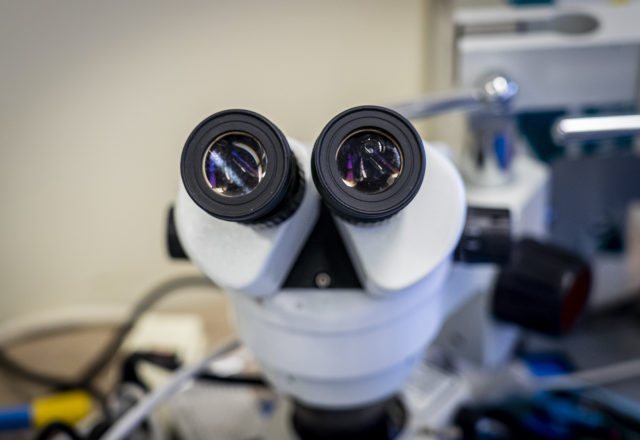

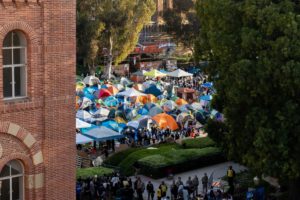
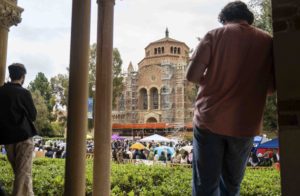
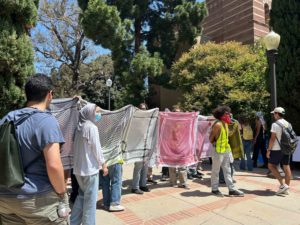
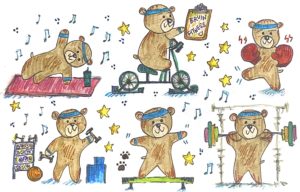
Comments are closed.